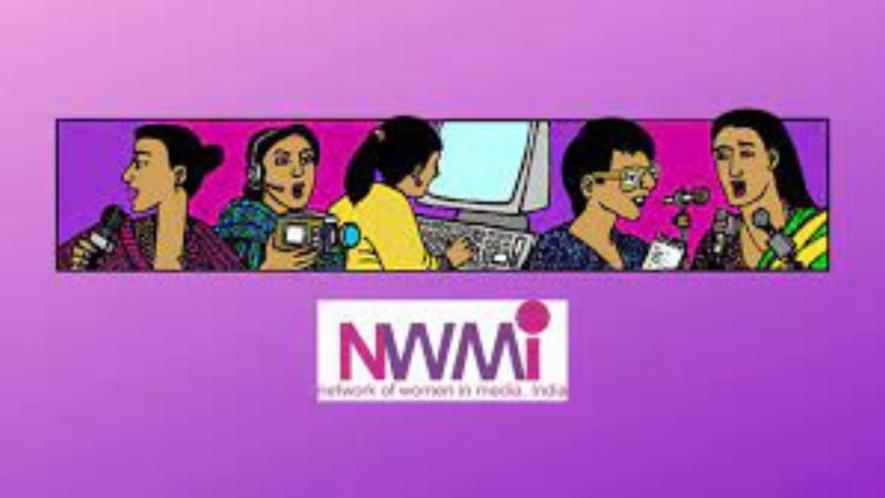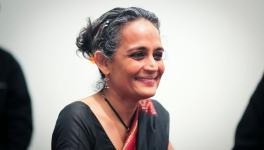Network of Women in Media, India Urges Government to Reconsider Controversial Broadcasting Bill

Image Courtesy: Facebook
New Delhi: In a comprehensive submission to the Central Government, the Network of Women in Media, India (NWMI) has raised serious concerns about the proposed Broadcasting Services (Regulation) Bill 2023.
The bill, introduced by the Information and Broadcasting Ministry, aims to substitute the Cable Television Networks (Regulation) Act of 1995 with the goal of establishing a comprehensive regulatory framework encompassing all types of broadcasting content, ranging from television to streaming platforms.
NWMI, in its detailed letter to the Ministry, has expressed apprehensions regarding the government's attempt to centralise control over the country's media and entertainment landscape through the bill, jeopardising the foundations of media freedom in India.
The NWMI emphasised the potential damage the bill could inflict on the country's free press, free speech, and creative freedom. Due to its far-reaching implications, it urged the government not to proceed with the bill without extensive discussions among key stakeholders.
“This intent to control and over-regulate is not in the interests of a healthy, independent media or a thriving culture of entertainment. It goes against the very foundations of media freedom in mature democracies everywhere and will irreparably damage the free press, free speech and creative freedom in India,” NWMI added.
Key Concerns Raised by NWMI, clause by clause, are stated below:
-
Vaguely Worded Provisions: NWMI highlighted the draft Bill's vaguely worded provisions, expressing concern that it could cover individual YouTubers, social media accounts of professional journalists, and even citizen journalists under its definition of "news and current affairs programs."
-
The burden on News Organizations: The Bill places burdensome requirements on news organisations, potentially putting small news operators out of business and cumbersome for large broadcasting networks.
-
Lack of Defined Codes: NWMI criticised the absence of clearly defined codes, including the Programme Code and Advertising Code, stating that public consultation on the Bill is meaningless without outlines of proposed codes and opportunities for feedback.
-
Chilling Effect on Content Creators: NWMI expressed concerns that the mere publication of the draft Bill, coupled with the lack of clearly defined codes, could have a chilling effect on creators of entertainment and news content, discouraging risk-taking.
-
Misunderstanding of News Organizations: The Bill, according to NWMI, displays a lack of understanding of what constitutes news and how news organisations function, particularly in its provision, subjecting the work of newspersons to Content Evaluation Committees (CECs).
-
Government's Role in CECs: NWMI criticised the term "self-certification," stating that the Bill gives the Central Government an overriding role in the formation of CECs, essentially allowing the government to run editorial panels monitoring content generated by broadcasters.
-
Unreasonable Curbs: The Bill places what NWMI considers to be unreasonable curbs on news and entertainment organisations, making it financially unviable for small, independent news setups to operate.
-
OTC Platforms and CECs: NWMI expressed concerns about CECs for Over-the-Top (OTT) platforms mirroring the Central Board of Film Certification (CBFC), defying the recommendations for a more liberalised certification system.
-
Broadcast Advisory Council Composition: The Bill enhances the Central Government's role through the requirement for the formation of a Broadcast Advisory Council, whose composition will primarily be determined by the Central Government.
NWMI urged the government to reconsider the Bill and engage in thorough discussions with all stakeholders to ensure the protection of a healthy, independent media landscape in India.
Get the latest reports & analysis with people's perspective on Protests, movements & deep analytical videos, discussions of the current affairs in your Telegram app. Subscribe to NewsClick's Telegram channel & get Real-Time updates on stories, as they get published on our website.
























